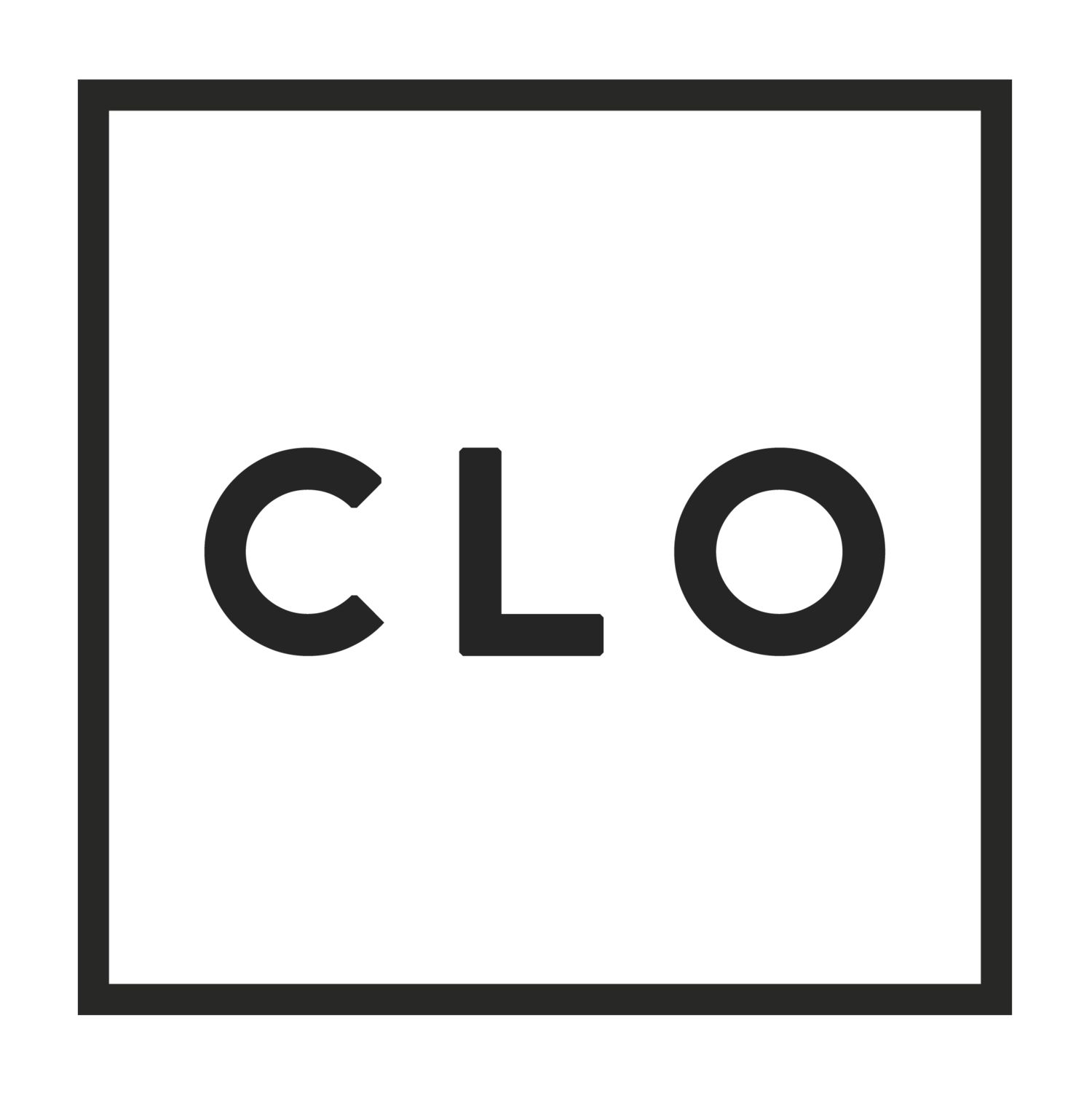
Produced by Women
It kind of baffles me that women farmers, producers and roasters are still a bit novel, but here we are, discussing it, continuing to redress the balance. Why does it matter? Why is it important to highlight gender in roles at all?
Because of bias, because of the value some people still place on the work done, depending on the gender of the person. There are still those opinions out there that go along the lines of ‘well it is a woman driver’ or ‘male chefs are better’. We still live in a world with gender classic roles. Often when a man does a so-called female job like cooking, they are praised, and when a woman does a historically male role like driving, the assumption can be they won’t be as good. These stereotypes are shifting, but only when we continually raise it as a thing. You only need to walk down a children’s toy isle to see how far there is still to go.
For us at CLO, it was natural for me to learn the coffee roasting. I have an interest in engineering and how things work. I’m pretty practical and a problem solver too. I went on my introductory course in 2014 not even considering my gender. Out of the 10 of us on the course, there were 2 women. There are now several female roasters around the UK. We didn’t choose me as a female, to make any kind of stand. Having said that, we didn’t discount me either. So we just wanted to say we’re here! We love what we do, and we are proud of the opportunity to wave the flag for equal opportunity in the coffee industry.
Linda, Founder of CLO Coffee & Head Roaster



Roaster’s tasing notes: full bodied, baker’s chocolate, cinder toffee
This is a punchy South American coffee which is great both as a filter or single origin espresso.
Grown near the Brazilian town of Poco Fundo. The Café Delas project was created to help women farmers access the resources, knowledge, and voice they need to grow their operations to the fullest potential.
The concept of Café Delas can be summed up in one word, “empowerment”. Coupled with ongoing training for women on agronomy and improving coffee quality, as well as workshops and events focused on empowerment, Café Delas is bringing women’s specialty coffee to market.
For every Café Delas sale, a portion of the profit is reinvested in programs that promote gender equality and empower women in the field. More Information on the Cafe Delas Organisation who farm this coffee can be found here
FARMS: Cafe Delas, Female Smallholders
REGION: Poco Fund, Sul de Minas
PROCESSING: Natural
ALTITUDE: 1000-1200 masl
VARIETALS: Catuai, Mundo Nova, Topazio